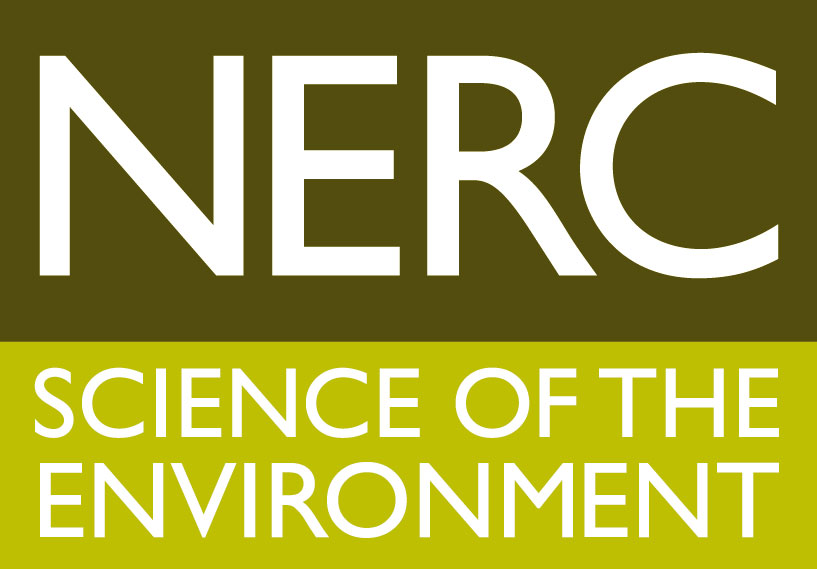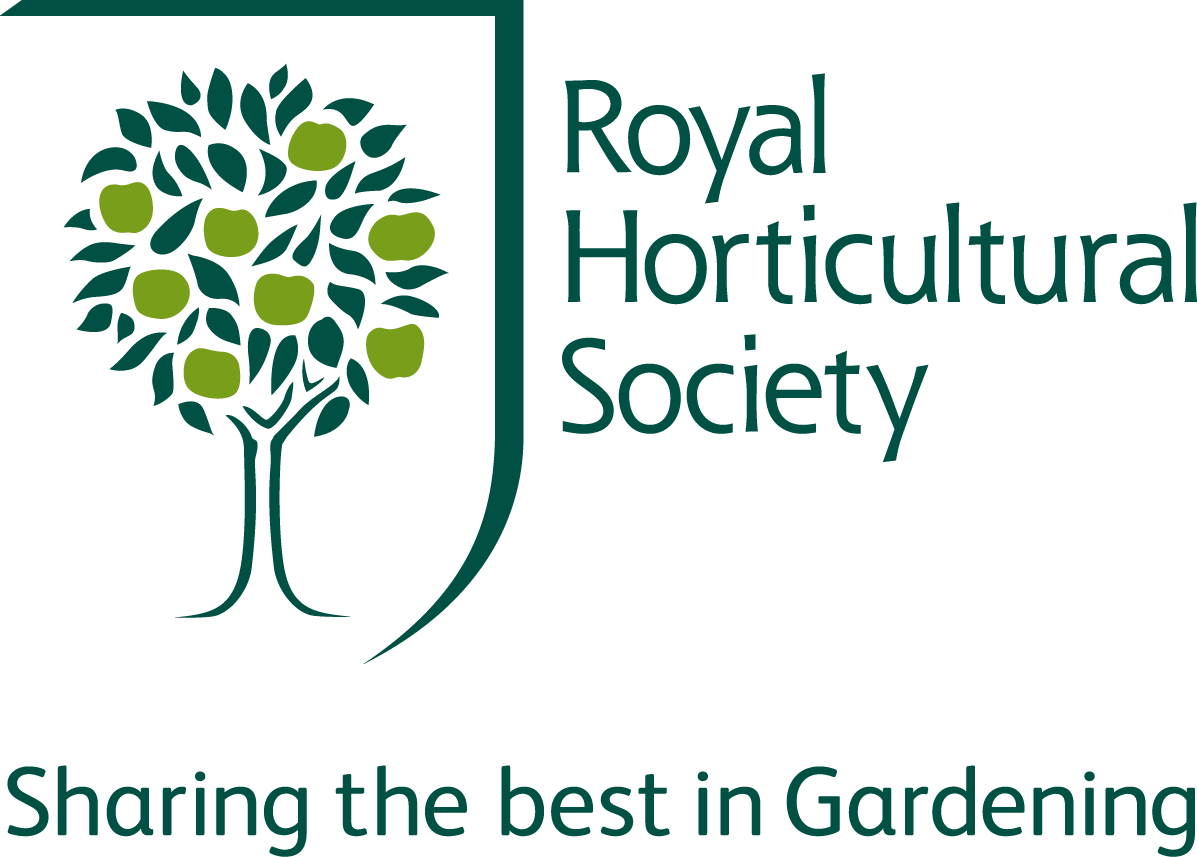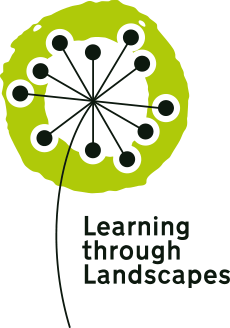About Planting for Pollinators
We are a pollinator citizen science project collecting data on pollinator abundance and feeding behaviours. We are launching this site with a focus on bumblebee species and hope to extend out tools and surveys to flower beetles and butterflies during the spring and summer of 2021.
We have developed new technologies to benefit citizen scientists and nature conservation programmes Computer scientists and ecologists from the Open University, Aberdeen University and the Swedish University of Agricultural Sciences are collaborating with a wide range of partners on retaining the best of the decade-old BeeWatch citizen science project and developing and updating it further.
Several computer science technologies have been developed for Planting for Pollinators: Natural Language Generation and Automated Image Recognition alongside a visual "key" help you to become familiar with bumblebee identification. Your data generates a better collective understanding of the distribution of these important pollinators within our country and their feeding habits.You can browse our citizen science data through our innovative pollinator-friendly plant recommender, or on a map showing where different species have been recorded.
Where can I learn more about the science?
Paper (pdf) / Show Abstract
Paper (html) / Show Abstract
Paper (html) / Show Abstract
Paper (pdf) / Show Abstract
Paper (pdf) / Show Abstract
Paper (pdf) / Show Abstract
Paper (pdf) / Article at Springer.com / Show Abstract
Paper (pdf) / Show Abstract
Who are we?
The main Planting for Pollination team
- Open University: Stefan Rueger, Nirwan Sharma and Advaith Siddharthan
- University of Aberdeen: Helen Anderson and Annie Robinson
- Swedish University of Agricultural Sciences (SLU): Rene van der Wal
- Imperial College London: Poppy Lakeman Fraser
Partner organisations
Planting for Pollinators is co-ordinated by researchers at the Knowledge Media Institute, Open University, in collaboration with the universities and partners below.
Planting for Pollinators is based on the BeeWatch platform, developed together with researchers at the University of Aberdeen and the Swedish University of Agricultural Sciences who continue to be involved in this project.
Planting for Pollinators is part of the X-Polli:Nation citizen science project co-ordinated by Imperial College London.
Funders
Planting for Pollinators is developed around technologies from Beewatch, which was supported by RCUK's Digital Economy theme as part of Aberdeen University's Digital Economy Hub to explore how digital technologies can help communities transform the way they manage, use and conserve natural resources.
Planting for Pollinators is supported through an EPSRC grant "Human-Computer Collaboration in Citizen Science".
The pollinator-friendly planting recommendation engine used by Planting for Pollinators was developed with support from the Natural Environment Research Council (NERC).
Conservation Partners
BeeWatch was developed in partnership with the Bumblebee Conservation Trust, a charity that supports the conservation of bumblebees, and raises awareness and understanding. Planting for Pollinators continues to be based on their species identification guide.
The Open Air Laboratories (OPAL) network, led by Imperial College London, was a UK-wide partnership initiative that inspires communities to discover, enjoy and protect their local environments through citizen science-based activities. OPAL began in 2007 and was funded by the Big Lottery Fund’s Supporting UK-wide Great Ideas programme.
The Royal Horticultural Society (RHS) is established to share the best in gardening throughout the UK. We work with them around pollinator-friendly planting recommendations.
BWARS is the national society dedicated to studying and recording bees,wasps & ants in Britain & Ireland. They help to verify our data.
Learning thorugh Landscapes is a leading UK charity dedicated to making lives better through connection with nature. They engage UK schools with our resources, tools and projects.
Museo di Storia Naturale della Maremma (the Natural History Museum at Maremma, Tuscany) are rolling out the X-Pollination project in Italy, and collaborating with us on methodologies and tools.














